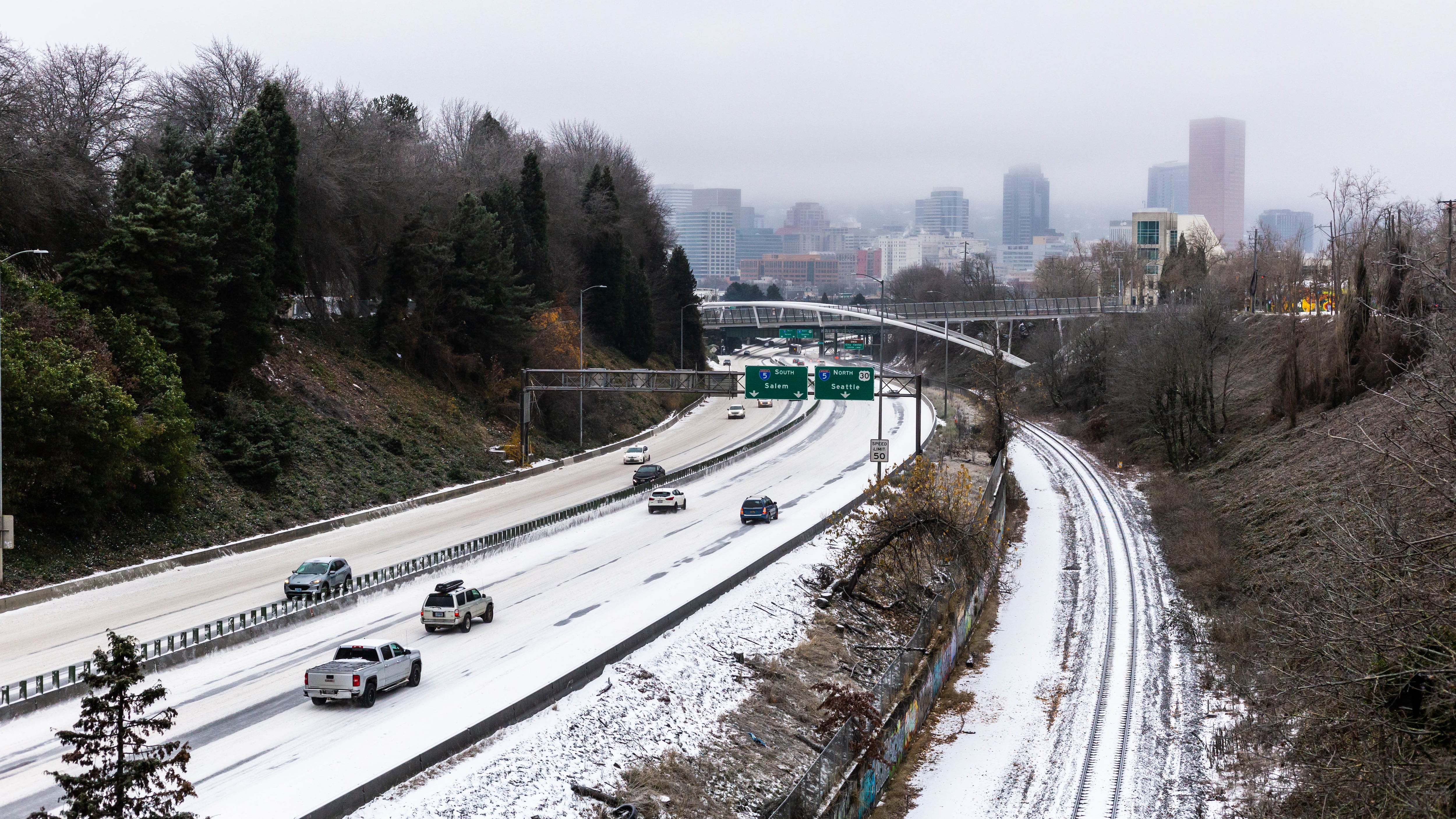Oregon’s population shrank in 2022 for the first time since 1983, when the state’s timber industry was in recession and President Ronald Reagan campaigned at local sawmills, promising that the economy would rebound soon.
In the year ending July 1, 2022, Oregon’s population fell 0.4% to 4,240,137 from 4,256,301 on July 1, 2021, a decline that made the state the nation’s sixth-biggest loser after New York, Illinois, Louisiana, West Virginia and Hawaii, according to the U.S. Census Bureau. Mississippi came in seventh.
Though the numeric decline was small—just 16,164 people—it’s a stark reversal for Oregon and its leaders, who for decades had the enviable problem of managing economic growth that came with rising population.
“This is a two- or three-alarm fire,” Josh Lehner, an economist, tweeted about the report. “If 2023 doesn’t rebound, it’s a five-alarm fire for the economic outlook.”
Lehner, who works for the state, said the opinion was his own and didn’t reflect the state’s view.
Oregon was an outlier in a nation that resumed growth overall. The U.S. population rose by 1.3 million, or 0.4%, in the year ended July 1, as international immigration returned to more normal levels. The year before, the U.S. added just 376,029 people, an all-time low, the Census Bureau said yesterday.
Eighteen states experienced a population decline in 2022, the bureau said.
In percentage terms, Florida was the biggest gainer this year. Its population rose 1.9% to 22.2 million from 21.8 million. Idaho was second at 1.8%. The state had 1.9 million people as of July 1.
California remained the most populous state at 39.03 million people, despite losing 113,649, a decline of 0.3%. Texas was second-biggest at 29.1 million. Its population rose 1.6%.
The new numbers come atop older, city-level ones that showed a decline for Portland. In May, the Census Bureau said the city’s population had fallen by 11,000, or 1.7%, to 641,000. Around the same time, a study of U.S. Bureau of Economic Analysis data showed that Portland was the 12th-least affordable major city in the nation, in large part because of housing costs.
Unlike the early 1980s, the last time Portland lost people, the state’s economy is strong now, suggesting that the decline has more to do with quality of life and cost of living than with jobs.
In his 1983 campaign stop, Reagan said his administration wouldn’t restrict logging by putting “wholesale amounts” of tree-covered land into wilderness areas, The New York Times reported at the time.
Then, as now, the country had been struggling with high inflation.
“The American economy is on the mend,” Reagan said. “And one of the reasons is that we’ve finally begun to correct some of the past errors of government that brought on inflation, high interest rates and recession.”
Reagan won the 1984 election in a landslide, beating Democrat Walter Mondale. Reagan won Oregon by 12 percentage points. No Republican presidential candidate has won Oregon since then.

